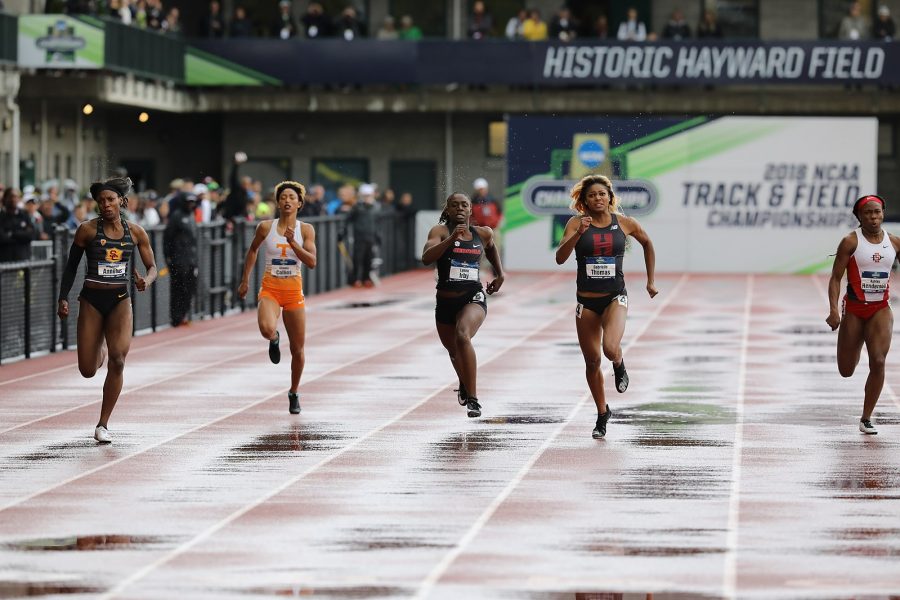Last month, the NCAA announced that University of Memphis first-year basketball player James Wiseman will be suspended for 12 games. The No. 1 ranked prospect in the class of 2019 will not return until Jan. 12 to play against the University of South Florida and, on top of the suspension, Wiseman must also donate $11,500 to any charity of his choosing.
This is all happening because, in 2017, Wiseman’s family received an $11,500 payment from former booster and current Memphis coach Anfernee “Penny” Hardaway to pay for a high school relocation from Nashville to Memphis. In the NCAA, recruiting inducement is taboo, as professional athletes O.J. Mayo, Cam Newton and Reggie Bush, among others, have been punished for receiving improper benefits.
The NCAA is a billion-dollar corporation. NCAA executives earn upwards of $2 million per year, coaches of elite programs earn upward of $9 million per year and the student-athletes are compensated with full scholarships and meal stipends. As a result, NCAA teams bring in millions of dollars per year for their schools, yet the athletes see none of the profits.
For Wiseman, it is clear that a full scholarship is not enough. The parents of the potential No. 1 NBA draft pick could not afford to relocate in hopes of providing their son with a better future. Even though Wiseman is not getting paid by the NCAA, as part of his punishment, he is required to donate $11,500, the amount his family needed for relocation fees.
The athletes are not compensated for the risks presented in sports. For example, last season, former Duke basketball superstar and eventual No. 1 NBA draft pick Zion Williamson generated millions of dollars for the NCAA through ticket and jersey sales. CBS even implemented a “Zion Cam,” which followed Williamson around during the March Madness Tournament. Per NCAA rules, athletes are not allowed to profit off their own image, therefore, Williamson couldn’t make a cent off his persona, but the NCAA could make millions.
In a sold-out game against rival University of North Carolina in February, Williamson injured his foot, causing him to miss three games. Although he returned and was selected first overall in the 2019 NBA Draft, Williamson would not have been compensated even if he had suffered a career-ending injury.
However, change is coming — in California, at least. In 2023.
Governor Gavin Newsom signed a bill in September allowing student-athletes to promote products and companies, and ultimately profit off their own image. Both the NCAA and Pac-12 lobbied against the bill, as its implementation could potentially alter top recruits’ decisions to attend universities in California.
With the new age of player empowerment in professional sports today, it is time to allow this ideology in college sports so athletes like James Wiseman will not punished for trying to improve their lives.
A version of this article appears in the Monday, Dec. 2, 2019, print edition. Email Arvind Sriram at [email protected].























































































































































